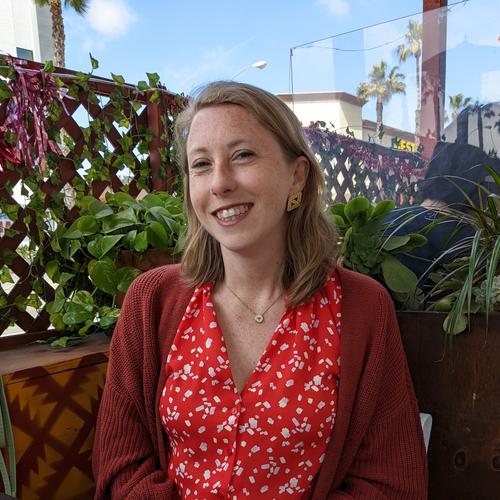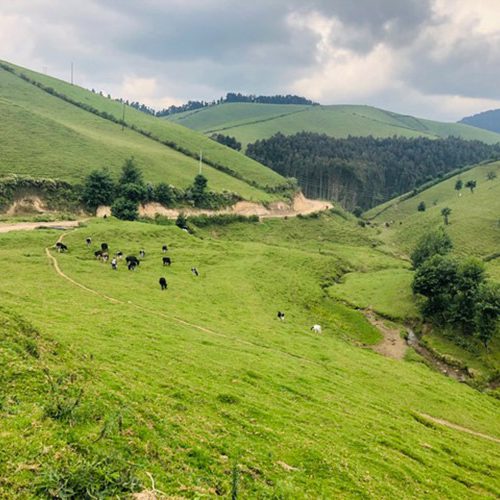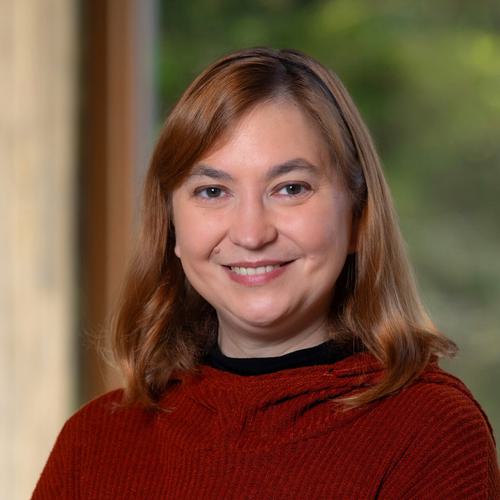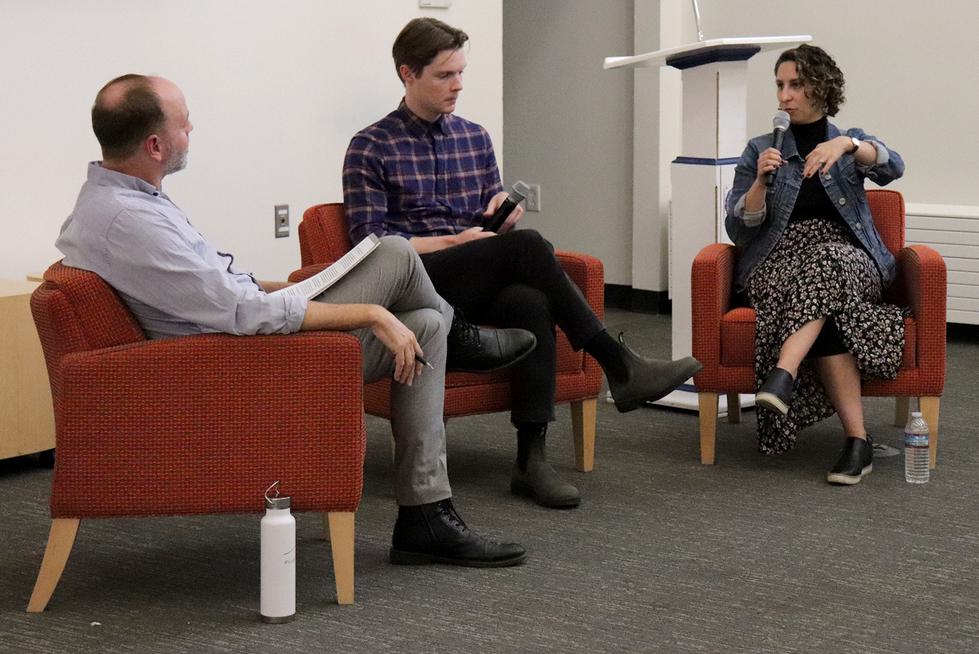Anthropology
Academic Department Introduction
Anthropology explores the diversity and commonalities of the human condition across the world, throughout time. Anthropologists work in faraway places and at home, examining the contemporary moment as well as the distant past. The field is inherently multicultural and multidisciplinary. It covers history, archeology, biology, and social and cultural studies. Our students gain a profound understanding of human nature and the role of culture in everyday lives, including their own. Our faculty carries out research in Nepal, the Balkans, Bolivia, Sudan, Iceland, Central Asia, and Wellesley, Mass.
Learning goals
- Learn the basic features of human prehistory, as represented through material and fossil remains.
- Practice methods used in anthropological field research, including the excavation of archaeological sites and the construction of ethnographies.
Programs of Study
Anthropology major and minor
Students will gain an understanding of how human cultures vary in their social institutions and practices across time and space.
Course highlights
Museum Anthropology: Curating Equity and Representation
ANTH302
This seminar will immerse students in current developments in Museum Anthropology through an exploration of the history of museum development, the role of museums in society, and the ethical considerations of preservation and education. Under an anthropological lens, the history of development of museums in the global North can be used to contextualize recent movements to decolonize the collection, curation, and display of ethnographic and archaeological material. After researching up-to-date international exhibitions, students will critically assess museum curation practices and then develop their own outreach projects in small groups. This course will include virtual visits to New England area museums–including the MFA Boston, Harvard Peabody Museum, and the Mashantucket Pequot Museum.
-
Advanced Theory in Anthropology
ANTH301
This course traces a series of conversations in theory and method in anthropology from a broadly thematic perspective. It provides students with a foundation for situating contemporary anthropology and its many theoretical approaches and debates by tracing the field's historical development. It examines the social context in which various "paradigms" took hold and the extent that they gained traction, were critiqued and discredited, or were reconfigured and reinvigorated. We will explore the development of contemporary theory as internal to the discipline and as a response to changing intellectual climates and social milieus. Our discussions will be aimed at identifying both shifts and continuities in the thematic foci, methodological stance, and guiding concerns of the discipline. -
Introduction to Ethnomusicology: The Anthropology of Music
MUS245
What happens when we study music and sound from an anthropological framework? Ethnomusicology, or the cultural study of music and sound, seeks to do just that. Through a hands-on approach to music research, this course has three aims: 1) to give students the opportunity of doing ethnographic research in a local community; 2) to explore key concepts pertaining to ethnomusicology and the anthropology of sound; 3) to work together to create a good working atmosphere in which students can share ongoing research with each other. Students will gain experience doing fieldwork as participant observers; taking notes and writing up field journals; recording and transcribing interviews; and conducting secondary research online and in the library. Each student will conduct regular visits to a local music group or community of their choice. Past projects have focused on Senegalese drumming, musical healing circles, and hip-hop dance groups. The semester will culminate in a final presentation and paper (8-10 pages) based on the student’s research. (ANTH 235 and MUS 245 are cross-listed courses.)
Research highlights
-

In collaboration with Wellesley colleagues, Professor Adam Van Arsdale is constructing a virtual reality (VR) evolutionary anatomy lab, which enables students to access, explore, and interact with human skeletal anatomy and the human fossil record in ways that are not possible in the “real” world.
-

Professor Susan Ellison’s research links debates about democracy, foreign aid, justice, and trust to lived experiences of violence and financial insecurity. Ellison’s book, Domesticating Democracy: The Politics of Conflict Resolution in Bolivia (Duke University Press, 2018), received the Bryce Wood Book Award from the Latin American Studies Association and the Association of Political and Legal Anthropology book prize in critical anthropology.
Beyond Wellesley
Beyond Wellesley
Careers of anthropology graduates include health care, K–12 education, and higher education. Recent employers include Massachusetts General Hospital, Americorps, and MIT.
Recent Employers

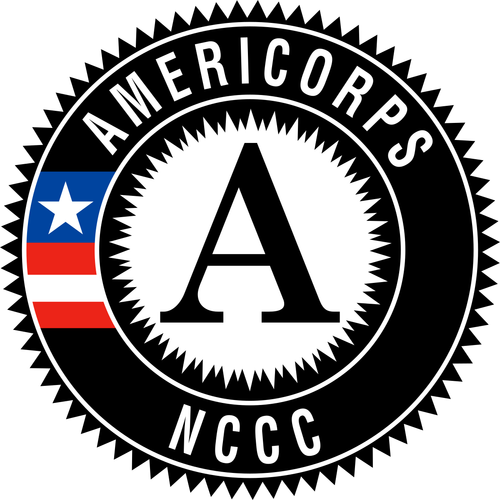




106 Central Street
Wellesley, MA 02481







